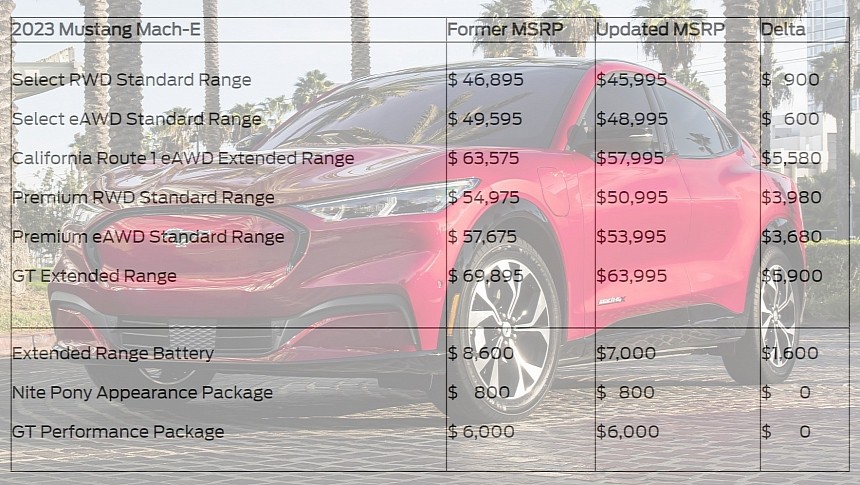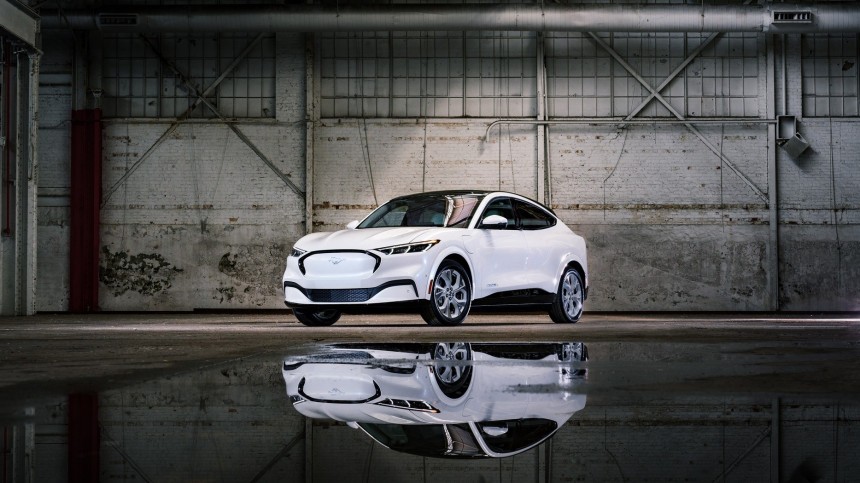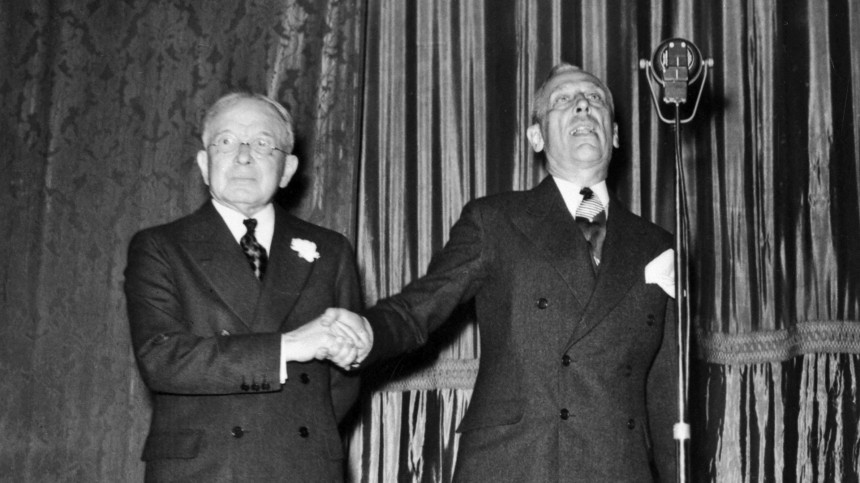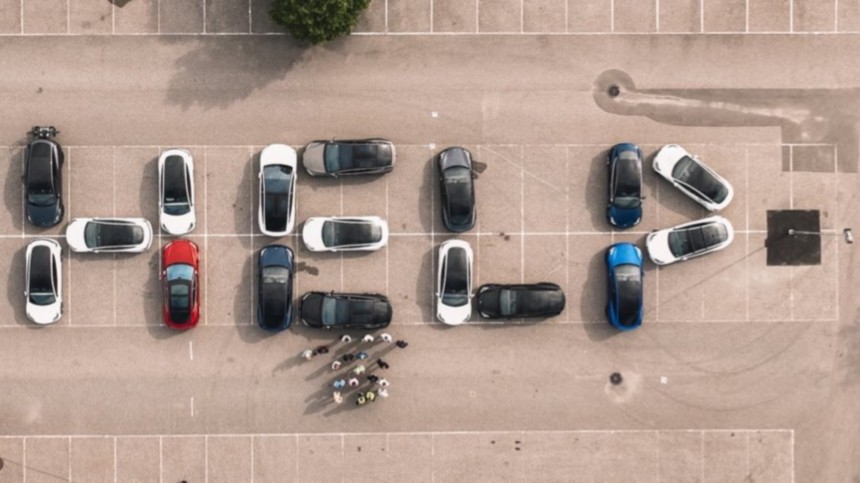Rivian admitted during its Q3 earnings report that it loses around $33,000 per vehicle it sells. RJ Scaringe now wants to cut production costs by $40,000, which would give the company a $7,000 profit per unit. This report from the Wall Street Journal is not the only piece of evidence that discounting battery electric vehicle (BEV) prices would be suicidal for startups like Rivian. According to the New York Times, NIO also loses $35,000 for each car it sells. Traditional carmakers like Ford and Volkswagen are not different. Tesla claims to make a profit with BEVs. Even if it really does, cutting prices will kill the electrification shift.
Just think about it: if the American BEV maker makes money selling electric cars, almost everybody else is wasting it while trying to figure out how to change that scenario. It may be the case that even Tesla is not pulling that out. As I wrote on July 20, the BEV maker's numbers make no sense. If it made $9,574.50 per car in Q3 2022, the discounts should have killed that profit because they were higher than that for most of its vehicles apart from the Model 3 ($8,500 until April). Yet, Tesla claims to have made $5,805.12 per car in Q2 2023.
If that were not enough, the company cut the Model 3 and Model Y prices on October 6 by an average of $2,000. It did so shortly after failing to meet sales and production expectations – with prices that were already significantly reduced. After that cut, the Model 3 discounts are also higher than the profit per unit the Q3 2022 numbers allowed analysts to calculate. We'll have to wait until October 18 to discover how much profit Tesla will say it had per car. Remember that Tesla now has a new Chief Financial Officer (CFO). Vaibhav Taneja replaced Zach Kirkhorn in August. This will be the first earnings report after he took the helm.
BYD also said it is making a profit, but it is the trustworthy exception that confirms the rule. The Chinese company disclosed that it tripled its earnings in H1 2023 compared to the same period one year ago, going from RMB3.6 billion ($493.7 million at the current exchange rate) to RMB10.95 billion ($1.5 billion). BYD makes its own batteries and has released several new products in the last few years. It also is aggressively expanding abroad. Everybody else is taking financial hits.
If you lose money with every car you sell, you are paying to keep your doors open. The bad thing about budgets is that they are limited, including the largest ones. On top of that, executives have to justify their decisions to shareholders. If investors have to pay instead of being paid for their investments, these executives will soon get the pink slip. If the company is a startup, the money people will just leave. This will prevent more BEVs from being sold and break the electrification shift governments and activists urge the automotive world to take – even if it is responsible for less than 15% of carbon emissions.
When Tesla lowers the price of its cars, it depreciates its own vehicles and also puts a strain on a competition that already had to admit it is losing cash with BEVs. Suppose they were not losing money, only breaking even. How could they offer discounts with no fat to burn?
Only two hypotheses for Tesla's price cuts (barely) make any sense. The first is that it wants to ruin any company willing to sell electric cars, even if that makes a dent in its own profits. Why would anyone care to hurt its own investment capacity just to get rid of competitors, especially when you desperately need to expand your lineup? As Alfred P. Sloan once said, an automaker's goal is "to make money making cars." Why would you cut your capacity to earn more bucks per unit with discounts?
The second is that Tesla simply has no alternative other than to lower prices to keep production and delivery levels higher than in the previous quarters. That can help it keep the stock prices high or even increase them. This is what Giga Grünheide employees told Stern that the company's priority is. The German magazine published a series of demolishing stories about the American BEV maker, some of which throw in the trash can the idea that it worries about the environment. Of the two hypotheses, it is the one that sounds less preposterous.
On Tesla's blog, Elon Musk used to write that the company's mission was "to accelerate the world's transition to sustainable energy." He even said that his company would have fulfilled it even if it only pointed out the way to follow. I discussed how the company may be undermining this transition instead of helping the world get there in March 2022. At the time, I already mentioned this looked just like cheap talk, considering how Musk dealt with Tesla's competitors – particularly with BYD. More than a year later, that text is still up to date.
If Tesla is reducing prices because it wants to kill its competitors, it is doing no favor to electric mobility. If it is doing that to keep share prices high, it is damaging its own customers and also hurting electric mobility as a whole.
Please don't get me wrong: reducing prices when production costs drop is fantastic. It is what made smartphones, TVs, washing machines, and several other goods affordable to more people. Doing that when costs are still high is unsustainable. It will kill the companies that follow the same path, especially when they don't even claim to be making money like Tesla does. Amplifying losses to buy market share is something that cannot last for long. If the companies promoting the electrification shift die, who will carry the torch?
If that were not enough, the company cut the Model 3 and Model Y prices on October 6 by an average of $2,000. It did so shortly after failing to meet sales and production expectations – with prices that were already significantly reduced. After that cut, the Model 3 discounts are also higher than the profit per unit the Q3 2022 numbers allowed analysts to calculate. We'll have to wait until October 18 to discover how much profit Tesla will say it had per car. Remember that Tesla now has a new Chief Financial Officer (CFO). Vaibhav Taneja replaced Zach Kirkhorn in August. This will be the first earnings report after he took the helm.
BYD also said it is making a profit, but it is the trustworthy exception that confirms the rule. The Chinese company disclosed that it tripled its earnings in H1 2023 compared to the same period one year ago, going from RMB3.6 billion ($493.7 million at the current exchange rate) to RMB10.95 billion ($1.5 billion). BYD makes its own batteries and has released several new products in the last few years. It also is aggressively expanding abroad. Everybody else is taking financial hits.
When Tesla lowers the price of its cars, it depreciates its own vehicles and also puts a strain on a competition that already had to admit it is losing cash with BEVs. Suppose they were not losing money, only breaking even. How could they offer discounts with no fat to burn?
Only two hypotheses for Tesla's price cuts (barely) make any sense. The first is that it wants to ruin any company willing to sell electric cars, even if that makes a dent in its own profits. Why would anyone care to hurt its own investment capacity just to get rid of competitors, especially when you desperately need to expand your lineup? As Alfred P. Sloan once said, an automaker's goal is "to make money making cars." Why would you cut your capacity to earn more bucks per unit with discounts?
On Tesla's blog, Elon Musk used to write that the company's mission was "to accelerate the world's transition to sustainable energy." He even said that his company would have fulfilled it even if it only pointed out the way to follow. I discussed how the company may be undermining this transition instead of helping the world get there in March 2022. At the time, I already mentioned this looked just like cheap talk, considering how Musk dealt with Tesla's competitors – particularly with BYD. More than a year later, that text is still up to date.
Please don't get me wrong: reducing prices when production costs drop is fantastic. It is what made smartphones, TVs, washing machines, and several other goods affordable to more people. Doing that when costs are still high is unsustainable. It will kill the companies that follow the same path, especially when they don't even claim to be making money like Tesla does. Amplifying losses to buy market share is something that cannot last for long. If the companies promoting the electrification shift die, who will carry the torch?



































